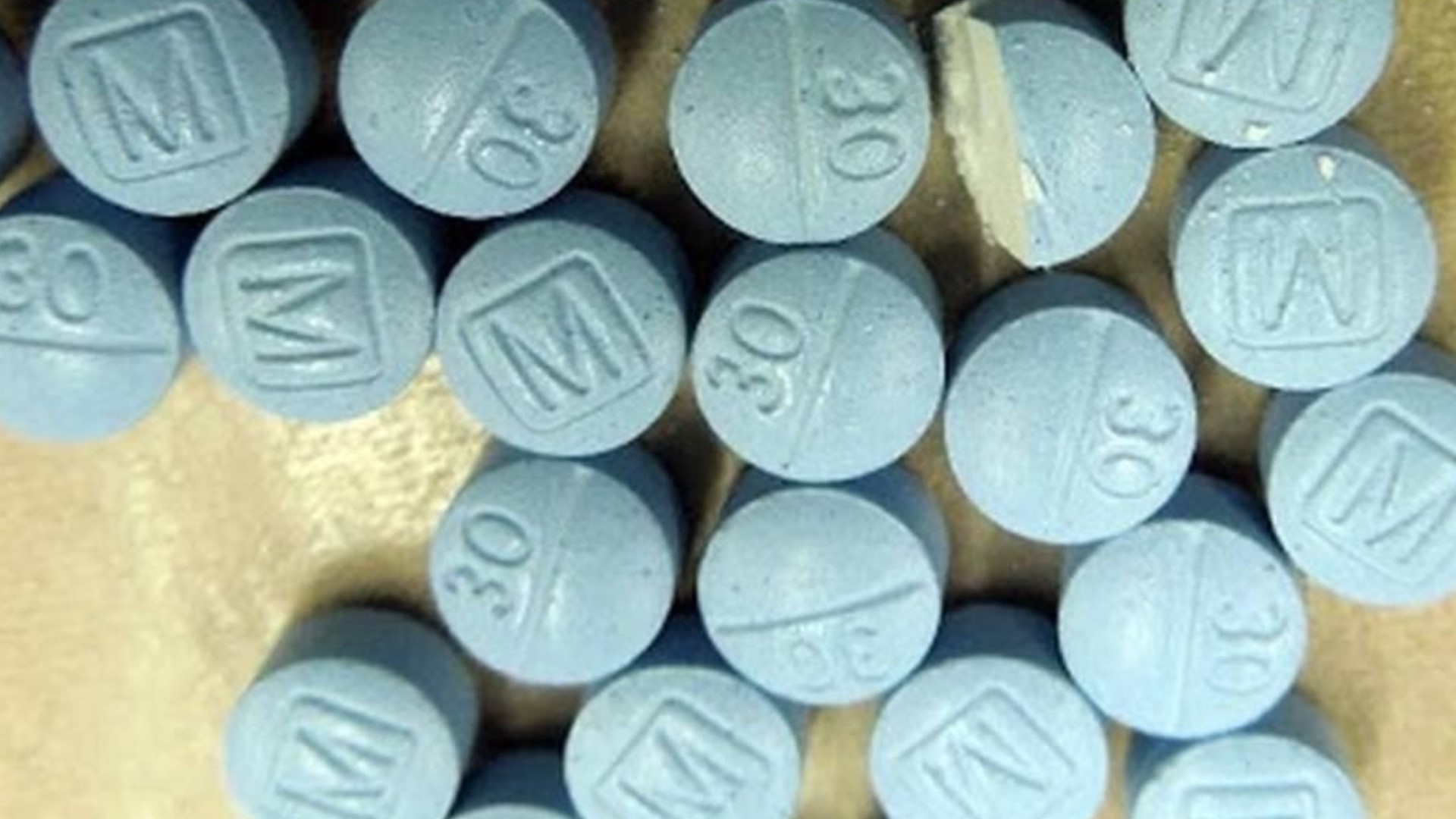ODESSA, Texas — People overdosing on drugs, especially opioid drugs, is becoming more common. According to the CDC, there were about 93,000 deaths from drug overdoses in the United States in 2020.
Now, it's becoming even easier to get your hands on opioids, especially non-prescription opioids, which could include oxycodone. This has led to a big problem.
"In so many different places in Texas you can buy that off the Internet, and you don’t need a prescription for it, and you’re able to get something like that," ORMC chief medical officer, Dr. Rohith Saravanan, said. "So that means there’s no regulator that’s looking at those to make sure what you’re getting is actually what it says it is."
When an opioid like oxycodone or another drug is bought off the Internet, there's no telling what else it might be laced with until health officials can send it off to a lab.
"We don’t know what it is laced with until it goes to a lab where you can analyze what’s in that pill," Saravanan said. "So we don’t know what to give to treat a person that has taken an opioid that is not from a pharmacy."
What makes things even more difficult is that pain itself is subjective. This means that there is a possibility that someone could accidentally overdose on an opioid by increasing the dosage of the opioid without knowing how it could affect their body.
The question remains, how can someone try to prevent this? According to Dr. Saravanan, the answer is twofold: education and response.
"You need to recognize that this is happening to you or to a loved one," Saravanan said. "So you want to try to prevent it as much as possible by knowing not to get into that, but if it does happen, then you need to know how to respond to it."
There are ways that you can educate yourself. These include looking up resources to counter potential abuse or dependency.
There are also centers in the Permian Basin that can help, including the Permian Basin Regional Council on Alcohol and Drug Abuse.

